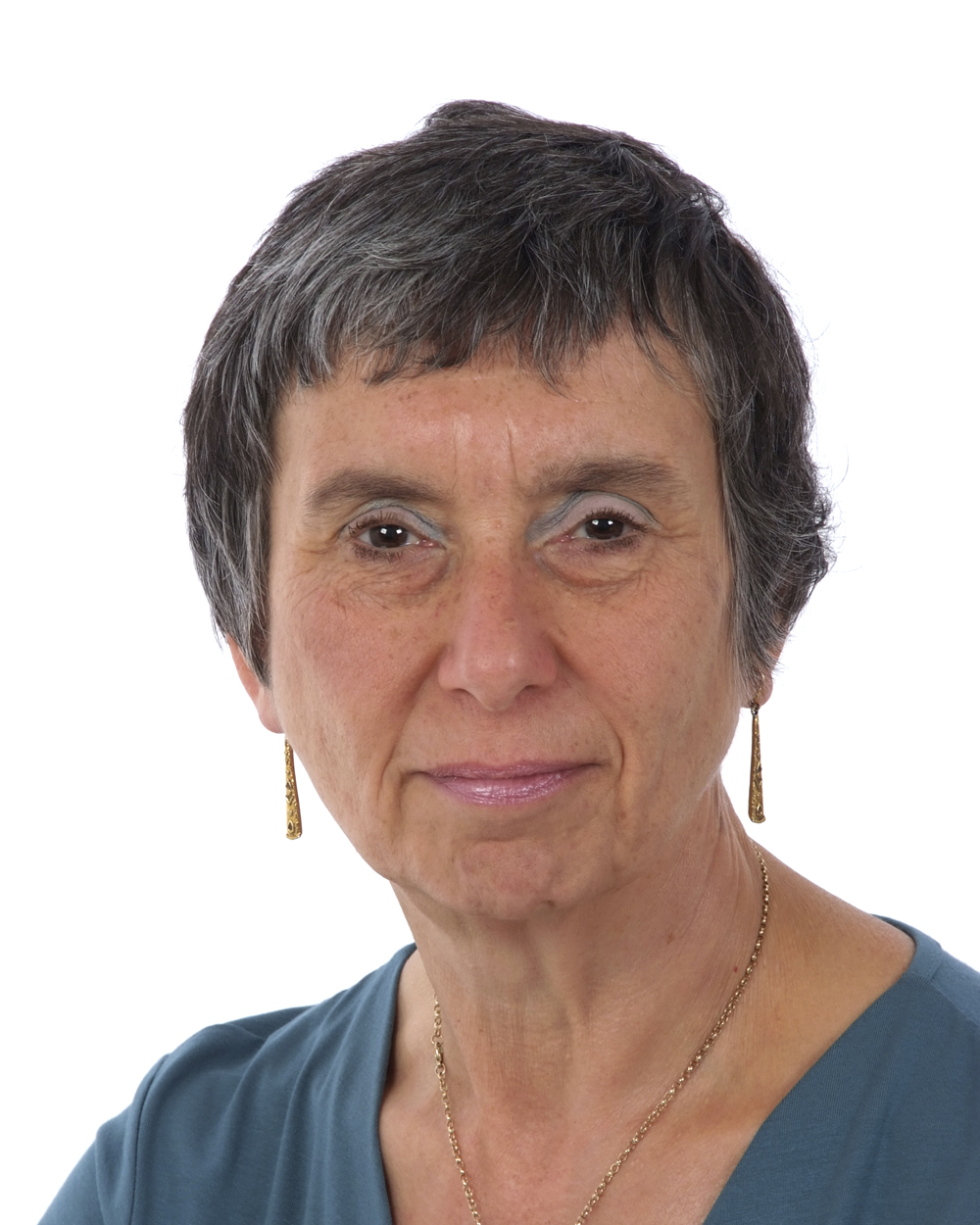Susan Elkin makes a case that cultural diversity should not be at the expense of inclusivity.
I live in the London Borough of Lewisham. It is, I learned recently, London’s most diverse borough. And that is one of the many things I love about it. When, five years ago, I moved back to my native borough after many decades of living in Kent, the diversity was one of the attractions. In my suburban street of fifty or so semi-detached houses we have people whose forebears came from all over the world and every continent. And many families living near me are glorious, harmonious intermarried melanges.
I was, therefore, delighted when Lewisham was awarded London Borough of Culture status for 2022 and raced off gleefully to Rivoli Ballroom at Crofton Park (one of the borough’s real architectural gems) for the launch one morning in November. In a borough as diverse as ours, the scope for cultural activities and wide-range inclusion would be truly extraordinary, I thought.
Alas, I felt uncomfortable and excluded from the moment I walked through the door, starting with an incident at the refreshment counter where I was allowed to have milk in my tea only grudgingly. “You want cow?” she demanded crossly getting it reluctantly from under the counter. So the agenda – or at least one person’s – was vegan, which is arguably not inclusive. Including vegans and mainstreaming their lifestyle is brilliant, but shouldn’t mean cutting out those who choose to use dairy products.
I am an older, white British woman. I am hardly unusual. And yet there was no culture of any sort at that event which included me. Of course, I understand that many people love, and have grown up with, very loud hip-hop, rap and soul music/dancing and poetry which confronts racism and supports Black Lives Matter. But it isn’t necessarily to everyone’s taste, so it is, in a sense, not inclusive. Couldn’t we also have had, say a school choir singing Bach or a local brass band or an Eastern European folk dance group as well? I cite these possibilities as additions not alternatives, obviously. To set the record straight, I’m sure that Lewisham will do all it can to include as many groups as possible in 2022 (and I know there are some valuable education projects), but the launch event wasn’t stressing that breadth.
The whole experience set me thinking about the wider concept of diversity and what we mean by it. According to my Collins Dictionary the word means “the state or quality of being different or varied.” It doesn’t mean compensatory promotion of the interests and culture of certain ethnic groups who have been treated shamefully in the past.
These islands have always been home to a diverse community. Invasions by Romans, Vikings, Normans and others gave us a good old stir-up. So did colonialism which led, one way or another to the movements of many millions, much as we may now regret the morality of much of that. And we have always had migrants, emigrants, refugees and other arrivals or departures – all gradually merging. There really isn’t any such thing as an indigenous population in our national community, which changes continually like a shaken kaleidoscope.
And people, irrespective of ancestry, have different cultural conditioning and taste. They like/need/want different sorts of music, theatre, books, films, TV programmes and all the rest of it. Ironically, the more diverse the community, the wider ranging the culture is across the community. The one thing you can say about culture is that one size most definitely doesn’t fit all. And that’s what makes inclusivity such a slippery concept. If you’re not careful you work so hard trying to include some previously excluded group that you lose another lot.
Surely diversity and inclusion should, by definition, be widening things out as much as possible? If you narrowly focus on one sort of culture – Afro-Caribbean inspired music for example – and marginalise what was there before, then you are not promoting diversity. You are just substituting one culture for another – and that, surely, is exactly what the inclusivity movement is trying to prevent?
To put it bluntly to exclude Beethoven, Tennyson and Dickens on “dead white male” grounds is no more inclusive than, say, banning reggae and insisting every British school child must be exposed to an exclusive musical diet of Edward Elgar. The latter is unthinkable and patronising because it marginalises some people’s culture. So should the former be, because in a truly diverse and inclusive world there is room for everything and plenty of it. Let’s celebrate our true diversity by making our interpretation of “culture” as all embracing as it can possibly be.
@SusanElkinJourn



